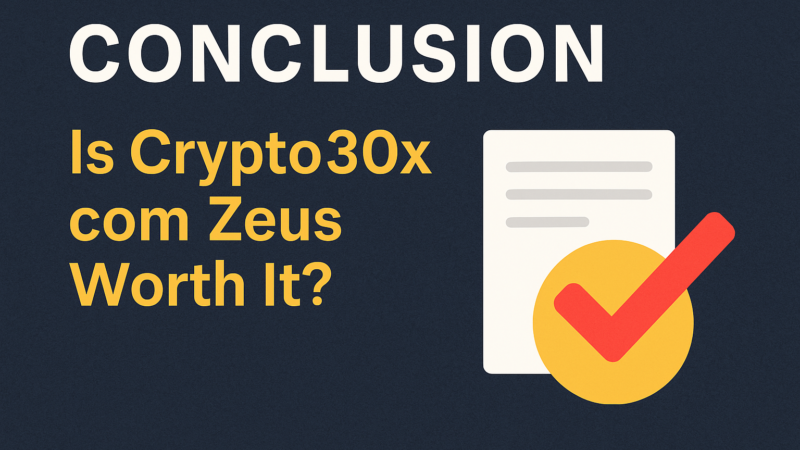Chart of Fintech Companies Using Blockchain Technology 2025

The fintech landscape is undergoing a major transformation, with blockchain technology at the heart of innovation. As financial services shift toward decentralization, fintech companies leveraging blockchain are revolutionizing transactions, security, and accessibility. This article explores key players, industry trends, and how blockchain is redefining finance.
Understanding Blockchain’s Role in Fintech
Blockchain technology serves as the backbone of fintech by providing a decentralized and secure ledger system. Unlike traditional financial systems, which rely on intermediaries, blockchain ensures transparency, reduces fraud, and enhances transaction speed. Fintech firms are integrating blockchain for various purposes, including cross-border payments, smart contracts, identity verification, and asset tokenization.
Top Fintech Companies Using Blockchain Technology
1. Ripple
Ripple has established itself as a leader in blockchain-based cross-border payments. Its RippleNet network allows banks and financial institutions to process real-time transactions at a fraction of traditional costs. XRP, Ripple’s native cryptocurrency, plays a crucial role in liquidity management.
2. Coinbase
Coinbase is a dominant name in the cryptocurrency space, offering a secure platform for buying, selling, and storing digital assets. With a focus on regulatory compliance and user-friendly interfaces, it remains a go-to fintech firm for crypto enthusiasts and institutional investors alike.
3. Binance
As one of the largest cryptocurrency exchanges, Binance uses blockchain technology to offer a seamless trading experience. It has expanded beyond trading by launching Binance Smart Chain (BSC), enabling decentralized applications (dApps) and DeFi solutions.
4. Stellar
Stellar’s blockchain network facilitates fast and low-cost international payments, particularly benefiting underbanked populations. Through its partnerships with financial institutions, Stellar is bridging the gap between traditional banking and digital assets.
5. Circle
Circle is a fintech innovator behind the USD Coin (USDC), a stablecoin pegged to the US dollar. USDC is widely used for digital transactions, DeFi applications, and cross-border remittances, reinforcing the role of blockchain in financial stability.
Key Benefits of Blockchain for Fintech Companies
1. Enhanced Security and Fraud Prevention
Blockchain’s decentralized nature makes it resistant to cyber threats and fraud. Transactions are encrypted and verified across multiple nodes, ensuring data integrity.
2. Faster and Cost-Effective Transactions
Traditional banking systems often involve lengthy transaction processes and high fees. Blockchain eliminates intermediaries, enabling near-instant transactions with lower costs.
3. Greater Transparency and Trust
The immutable ledger system of blockchain provides a transparent record of transactions, reducing disputes and increasing trust among users.
4. Improved Accessibility and Financial Inclusion
Fintech companies using blockchain are making financial services accessible to unbanked and underbanked populations worldwide, fostering economic growth and inclusion.
Challenges Facing Blockchain in Fintech
Despite its advantages, blockchain adoption in fintech is not without hurdles. Regulatory uncertainty, scalability issues, and integration challenges pose significant concerns. However, continuous advancements in blockchain technology and growing institutional adoption suggest a promising future.
Future Trends: What’s Next for Blockchain in Fintech?
As blockchain technology matures, we can expect more innovations in the fintech sector. Trends such as Central Bank Digital Currencies (CBDCs), decentralized finance (DeFi), tokenization of real-world assets, and AI-driven blockchain solutions will continue shaping the industry. Additionally, increased regulatory clarity will encourage more traditional financial institutions to adopt blockchain-based solutions.
Final Thoughts
Blockchain technology is redefining the fintech industry by enhancing security, efficiency, and accessibility. From cross-border payments to DeFi innovations, fintech companies using blockchain are paving the way for a decentralized financial future. As adoption grows, businesses and consumers alike stand to benefit from a more transparent and efficient financial ecosystem.
By keeping an eye on emerging trends and regulatory developments, fintech firms can continue to leverage blockchain for competitive advantage. The future of finance is decentralized, and blockchain technology is leading the charge.
FAQs
What is blockchain?
Blockchain is a decentralized digital ledger that records transactions across multiple computers, ensuring security, transparency, and immutability.
Which fintech company uses blockchain?
Many fintech companies use blockchain, including Ripple, Circle, and Coinbase. These firms leverage blockchain for secure transactions, smart contracts, and digital asset management.
How is blockchain technology used in fintech?
Blockchain enhances fintech by enabling faster and more secure payments, reducing fraud, automating contracts (via smart contracts), and improving transparency in financial transactions.
How big is the fintech blockchain market?
The fintech blockchain market is rapidly growing, with estimates valuing it at several billion dollars. Experts predict continuous expansion as more companies adopt blockchain technology.
Which company is using blockchain technology?
Beyond fintech, major companies like IBM, Microsoft, and JPMorgan Chase are also integrating blockchain for various applications, including supply chain management and secure financial transactions.







One thought on “Chart of Fintech Companies Using Blockchain Technology 2025”